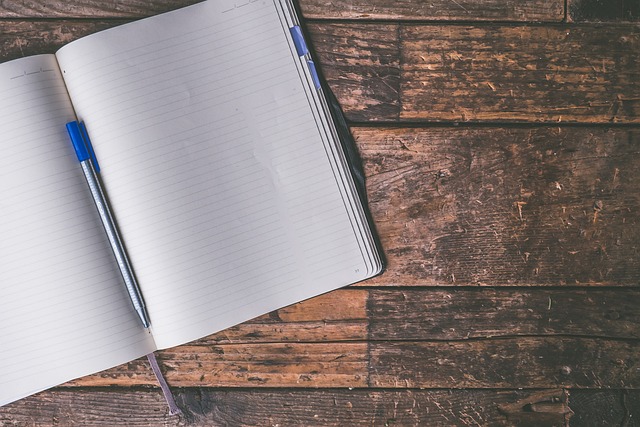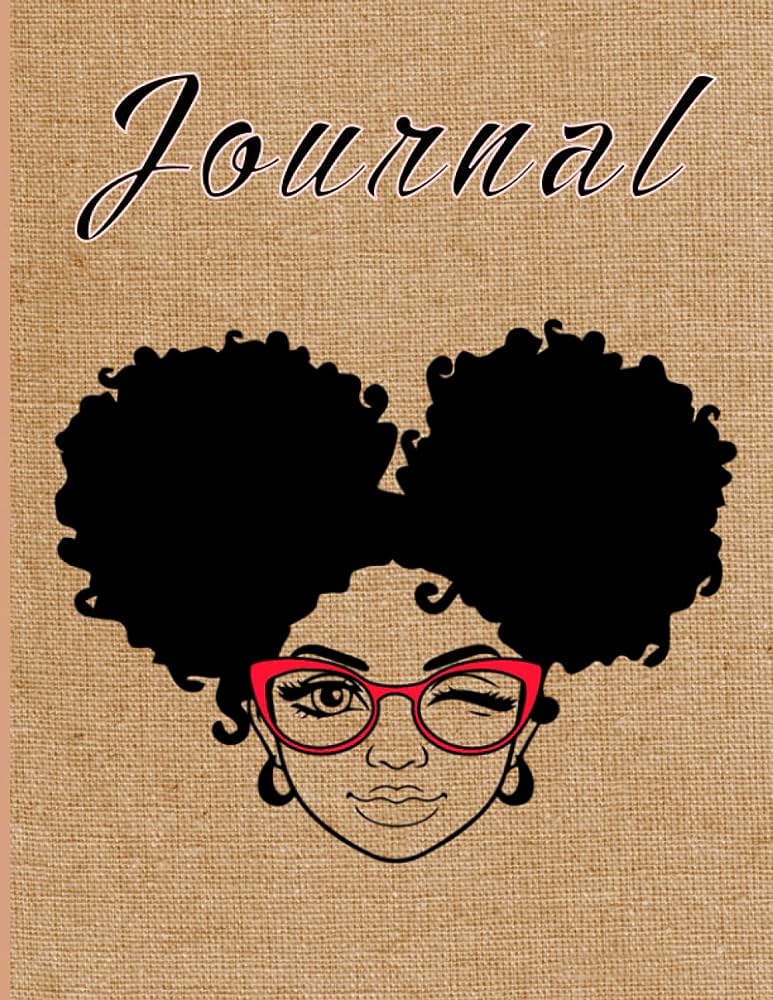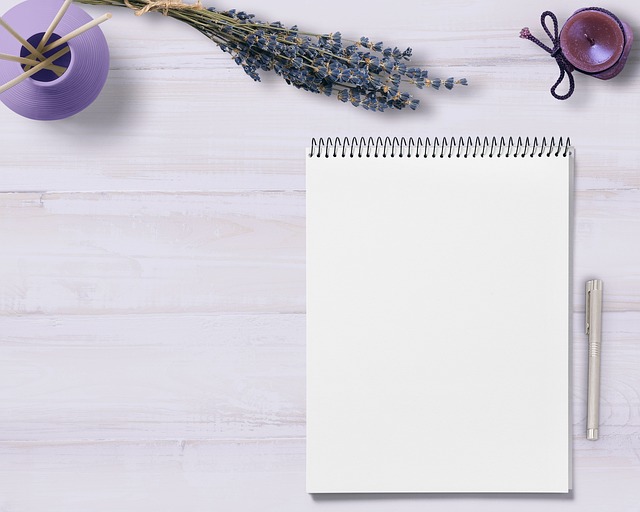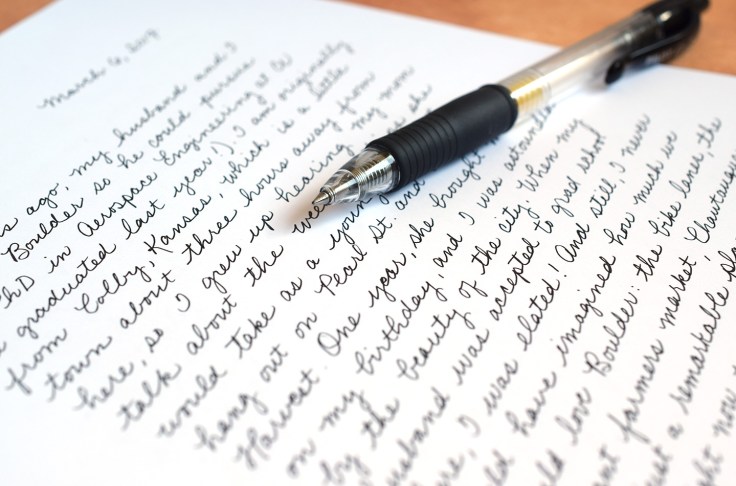
Welcome to our article on 10 essential academic writing tips.
Whether you are a student or a professional, mastering argument structure, citation styles, and other key elements of academic writing is crucial for success.
In this concise guide, we will explore the purpose of academic writing, effective research techniques, proper citation styles, and more.
With the help of this article, you will enhance your writing skills and create impactful and engaging academic work.
Understanding the Purpose of Academic Writing
Importantly, understanding the purpose of academic writing is crucial for achieving success in scholarly endeavors. Purposeful writing serves as a means to convey ideas, arguments, and research findings in a clear and logical manner. It allows scholars to communicate their thoughts effectively and persuasively to their intended audience.
Academic goals, such as advancing knowledge, contributing to the field, and engaging in intellectual discourse, are achieved through purposeful writing. This form of writing requires precision, as it demands the use of evidence, critical thinking, and proper citation to support claims and establish credibility.
It also encourages the exploration of ideas, the development of new perspectives, and the ability to construct well-structured arguments. By understanding the purpose of academic writing, individuals can better navigate the scholarly landscape and make meaningful contributions to their respective fields.

Developing a Clear and Coherent Argument
To effectively develop a clear and coherent argument, it is essential to carefully analyze and organize the relevant information. Developing persuasive arguments requires a structured approach that allows for logical progression and effective communication of ideas.
One key aspect is to thoroughly research the topic and gather supporting evidence to strengthen your argument. This involves critically evaluating sources, comparing different perspectives, and identifying key points that contribute to your overall argument.
Additionally, structuring your argument effectively is crucial to ensuring that your ideas are presented in a logical and coherent manner. This includes organizing your thoughts into an introduction, body paragraphs with supporting evidence, and a conclusion that summarizes your main points.
Mastering the Art of Effective Research
When it comes to mastering the art of effective research, there are three key points to consider.
First, finding reliable sources is crucial in order to ensure the accuracy and credibility of the information gathered.
Second, evaluating the credibility of research is essential to determine whether it is trustworthy and relevant to the topic at hand.
Lastly, properly citing the information used is important to give credit to the original authors and avoid plagiarism.

Finding Reliable Sources
While conducting academic research, it is crucial to employ effective strategies for finding reliable sources. In order to ensure the credibility and accuracy of your work, it is important to evaluate sources and prioritize scholarly articles.
Evaluating sources involves critically assessing their authority, objectivity, and relevance to your research topic. Reliable sources often come from reputable academic journals, books, and reputable websites.
When searching for scholarly articles, it is advisable to use databases such as JSTOR, Google Scholar, or academic library catalogs. These resources provide access to a wide range of peer-reviewed articles written by experts in their respective fields.
Evaluating Research Credibility
In order to ensure the reliability of your research, it is essential to critically evaluate the credibility of the sources you use. Evaluating source credibility involves assessing the authority, accuracy, and objectivity of the information provided. Here are three key factors to consider when evaluating source credibility:
Authority: Determine the qualifications and expertise of the author or organization responsible for the source. Look for credentials, affiliations, and reputation in the field.
Accuracy: Verify the accuracy of the information by cross-referencing with other reliable sources. Check for evidence, data, and citations that support the claims made.
Bias: Be aware of any potential bias in the source. Analyze the language, tone, and underlying assumptions to identify any subjective or one-sided viewpoints.

One effective way to ensure the accuracy and credibility of your research is by properly citing information and using a variety of reliable sources to support your claims.
Following citation rules is crucial in academic writing to give credit to the original authors and avoid plagiarism. When citing information, it is essential to include the author's name, publication year, and page number (if applicable).
Additionally, using quotation marks for direct quotes and providing proper references for paraphrased information is vital.
To avoid plagiarism, it is important to acknowledge all sources used in your research, whether they are books, journal articles, websites, or other types of media.
When it comes to academic writing, using proper citation styles and formatting is crucial for maintaining credibility and avoiding plagiarism.
Two commonly used citation styles are MLA (Modern Language Association) and APA (American Psychological Association), each with its own guidelines for citing sources in-text and in the reference list.
Additionally, citing online sources requires attention to details such as including the URL and the date of access.

Common formatting mistakes to watch out for include incorrect font styles, inconsistent indentation, and improper use of headings and subheadings.
Mastering citation styles and formatting ensures that your work is professional, well-organized, and conforms to the standards of academic writing.
MLA Vs. APA
Comparing the proper citation styles and formatting of MLA and APA is crucial for academic writers. Both MLA (Modern Language Association) and APA (American Psychological Association) are widely used citation styles in academic writing. Understanding citation guidelines and choosing the right citation format is essential to ensure proper citation in academic writing.
Here are a few key differences between MLA and APA:
- MLA is commonly used in humanities and liberal arts disciplines, while APA is often used in social sciences.
- MLA uses in-text citations that include the author's last name and page number, while APA uses author-date citations.
- MLA requires a Works Cited page at the end of the document, while APA uses a References page.
Citing Online Sources
When citing online sources, it is important for academic writers to follow proper citation styles and formatting guidelines. This ensures that the information they use is accurately attributed and allows readers to locate the original source.
Evaluating the credibility of online sources is crucial in academic writing. With the abundance of information available online, it is essential to critically assess the reliability and expertise of the sources used.
Academic writers must also be diligent in avoiding plagiarism when citing online sources. Plagiarism is a serious offense that can have severe consequences for one's academic and professional reputation.

Avoiding common formatting mistakes and using proper citation styles and formatting are essential for maintaining academic integrity and ensuring the credibility of one's work. Effective argument structure and accurate citation play a crucial role in presenting ideas coherently and acknowledging the sources of information.
Here are three common formatting mistakes to avoid:
Inconsistent citation styles: Ensure consistency in formatting citations throughout the document, following the guidelines of the chosen citation style (e.g., APA, MLA).
Improper use of quotation marks: Use quotation marks accurately to indicate direct quotes and distinguish them from your own words or paraphrased content.
Incomplete or missing citations: Always provide complete and accurate information about the sources you have used, including author names, publication dates, and page numbers.
Organizing Your Writing for Maximum Impact
One crucial aspect of organizing your writing for maximum impact is ensuring a consistent and logical flow of ideas throughout your paper.
To maximize the impact of your writing, it is essential to employ persuasive techniques that captivate and engage your audience. Start by clearly stating your thesis and supporting it with well-researched evidence.

Use logical reasoning to connect your ideas and present them in a coherent manner. Consider using transitional words and phrases to guide your readers through your arguments smoothly.
Additionally, structure your paragraphs effectively, beginning with topic sentences that introduce the main idea and provide a roadmap for the rest of the paragraph.
Strengthening Your Writing With Evidence and Examples
To enhance the persuasiveness and credibility of your writing, it is crucial to incorporate a significant number of well-chosen evidence and examples throughout your paper. Strengthening arguments and providing evidence not only adds weight to your claims but also helps to engage and convince your readers.
Here are three ways to effectively incorporate evidence and examples in your writing:
Use statistical data and research findings to support your arguments. This provides a solid foundation for your claims and adds credibility to your work.
Include real-life examples and anecdotes to illustrate your points. This helps your readers to relate to the topic and understand its relevance in a practical context.
Incorporate expert opinions and quotations from reputable sources. This demonstrates that your arguments are backed by experts in the field and adds authority to your writing.

Avoiding Plagiarism: How to Attribute and Paraphrase Sources
Both effectively attributing and paraphrasing sources are essential strategies for avoiding plagiarism and maintaining academic integrity.
Attribution techniques involve properly acknowledging the original source of information, whether it is a direct quote or a paraphrased idea. This can be done through in-text citations, footnotes, or endnotes, depending on the citation style required by the academic institution.
When paraphrasing, it is important to rephrase the information using your own words while still maintaining the original meaning. This helps to avoid accidental plagiarism, where you unintentionally present someone else's work as your own.
Crafting Engaging Introductions and Conclusions
Crafting engaging introductions and conclusions is crucial for capturing the reader's attention and leaving a lasting impression. Effective opening sentences should grab the reader's interest and provide a clear preview of what the essay will discuss.
On the other hand, memorable closing statements should summarize the main points, leave a strong final impression, and possibly provide a call to action or thought-provoking question.
Mastering the art of crafting engaging introductions and conclusions will greatly enhance the overall impact and effectiveness of academic writing.
Effective Opening Sentences
I will explore the importance of crafting engaging opening sentences in academic writing. A captivating opening sentence serves as a hook, grabbing the reader's attention and compelling them to continue reading. It sets the tone for the rest of the paper and can make a lasting impression on the reader.

To create attention-grabbing openers, consider the following:
- Start with a thought-provoking question that stimulates the reader's curiosity.
- Begin with a surprising or shocking statement that challenges conventional wisdom.
- Use an anecdote or a vivid description to paint a picture and evoke emotions.
Memorable Closing Statements
To leave a lasting impact on your readers, ensure that you wrap up your academic writing with a strong and persuasive closing statement that summarizes your main points and reinforces your argument.
Memorable closing statements have the power to make your work memorable and leave a lasting impression on your audience. One effective technique is to restate your thesis statement in a compelling and concise manner. This reminds your readers of the main argument and reinforces its importance.
Additionally, you can use persuasive techniques such as appealing to emotions, providing a call to action, or offering a thought-provoking question. By doing so, you engage your readers and encourage them to reflect on the significance of your argument even after they have finished reading your work.
Editing and Proofreading: Polishing Your Final Draft
Refining and perfecting your final draft through meticulous editing and proofreading is an essential step in the academic writing process. It ensures that your ideas are conveyed clearly and effectively, while also improving the overall quality of your work.
To help you in this endeavor, here are some editing techniques and a proofreading checklist to consider:
- Use a consistent writing style and tone throughout your paper.
- Check for grammatical and spelling errors, ensuring that your sentences are properly structured and punctuated.
- Review your citations and references to ensure accuracy and adherence to the required citation style.
Overcoming Writer's Block: Strategies for Productive Writing Sessions
Overcoming writer's block and maintaining productive writing sessions are essential for academic success.

Writer's block can be a frustrating and paralyzing experience, but there are strategies that can help overcome it and maximize writing productivity.
Firstly, it is important to establish a writing routine and stick to it. This consistency can help train the brain to be ready for writing at the designated time.
Additionally, setting realistic goals and breaking the writing process into smaller tasks can make it less overwhelming.
Another strategy is to eliminate distractions by finding a quiet and comfortable writing space, turning off notifications, and using productivity tools such as timers or website blockers.
Finally, seeking support from peers, mentors, or writing groups can provide valuable feedback and motivation.
Frequently Asked Questions
How Can I Overcome Writer's Block and Be More Productive During Writing Sessions?
To overcome writer's block and increase productivity during writing sessions, incorporate creative techniques such as brainstorming or freewriting, manage your time effectively by setting goals and creating a schedule, and maintain a mindset of freedom and exploration in your writing process.
What Are Some Strategies for Crafting Engaging Introductions and Conclusions?
Crafting engaging introductions and effective conclusions is essential for capturing the attention of readers and leaving a lasting impression. By employing strategic techniques, such as using compelling hooks and summarizing key points, writers can create impactful openings and closings.

How Can I Effectively Organize My Writing for Maximum Impact?
To effectively organize writing for maximum impact, one can employ effective outlining techniques and utilize rhetorical devices. This ensures a logical and well-researched structure, while also appealing to an audience that desires freedom in their language.
What Are Some Tips for Avoiding Plagiarism and Properly Attributing and Paraphrasing Sources?
When writing academic papers, it is crucial to avoid plagiarism by properly attributing and paraphrasing sources. This can be achieved by carefully citing all borrowed information and ideas and by using quotation marks when directly quoting from a source.
What Are Some Common Mistakes to Watch Out for When Editing and Proofreading a Final Draft?
Common mistakes to watch out for when editing and proofreading a final draft include overlooking spelling and grammatical errors, neglecting to check for consistency in style and formatting, and failing to ensure clarity and coherence in the overall structure and organization of the document.
 Writing TipsCreative WritingJournalingSketching TechniquesBuying GuidesPrivacy PolicyTerms And Conditions
Writing TipsCreative WritingJournalingSketching TechniquesBuying GuidesPrivacy PolicyTerms And Conditions
